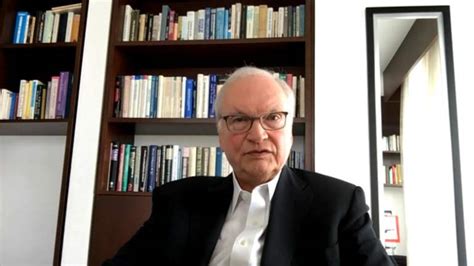A Quote by Rain
The more times I was turned down, the more I believed I was getting closer to making it. A lot of people in Korea say that failure is the mother of success, so I believed that more times I failed, the more likely I was to succeed.
Related Quotes
The point is that families today are spending their money no more foolishly than their parents did. And yet they're five times more likely to go bankrupt, and three times more likely to lose their homes. Families are going broke on the basics - housing, health insurance, and education. These are the kind of bills that you can't just trim around the edges in the event of a downturn.
We are living in times of great uncertainty. Likely no more so than in previous times but the sense of ambiguity may be more pervasive in light of the financial crash from which we have yet to recover. That means leaders need to step up their game. They need to more specifically in providing direction and in delivering inspiration.
People who graduate are more resilient financially, and they weather economic downturns better than people who don't graduate. And, throughout their lives, people who graduate are more likely to be economically secure, more likely to be healthy, and more likely to live longer. Face it: A college degree puts a lot in your corner.




































